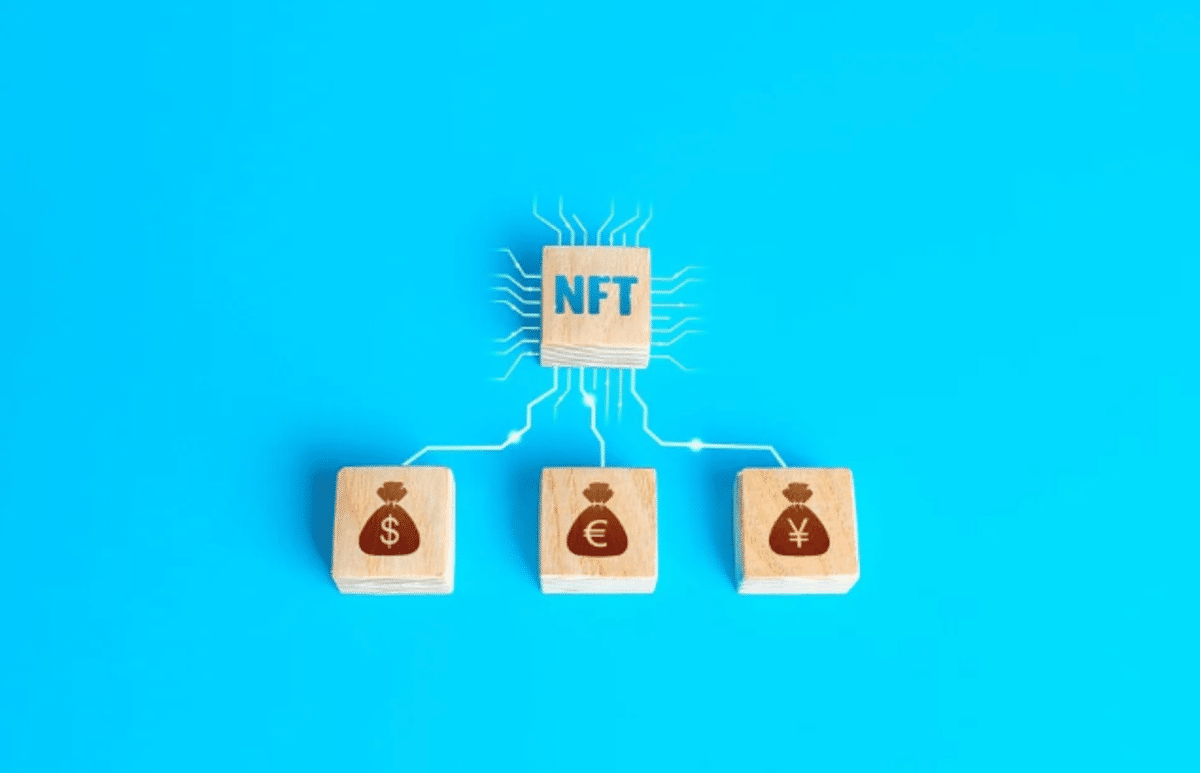Agreed, Tom Brady (Super Bowl champion) has a Non-fungible token (NFT) firm, and NFTs are on the lips of everyone at Saturday Night Live. Also, Mark Cuban (American billionaire entrepreneur) and Beeple (famous digital art firm) preach use cases for NFTs.
However, none of them know the actual value of NFTs. Recall that up until this year, no one knew about NFTs. Last year, the blockchain industry was still working on NFT use cases; they were still a novelty idea that won’t make headline news. So while the hype is fun, more can be achieved with NFTs in various industries.
Difference Between NFT and Bitcoin
NFT use cases differ from that of other cryptocurrencies. For example, Bitcoin is a store of fungible value, while developers use Polkadot, Cardano, Ethereum, and other blockchains to unlock utility for several Defi projects.
Conversely, an NFT is an Ethereum-generated unique token that represents permanent digital asset ownership. However, with everyone and his cat using the trend to benefit, NFTs feel more hype than a revolutionary technology.
Once this interest wanes or the bubble bursts, all those arts in digital forms will be replicas of certificates with no substantial value, which then raises the question of why didn’t you right click and click on “save as” to own a copy rather than spending $129 million.
Possible NFT Use Cases for The Next Decade
While the above remarks are a joke, thinking about the evolution of NFTs over the next ten years brings cause for optimism. Owning a blockchain-minted agreement or record has the potential to affect several industries positively. Aside from the current NFT hype, possible use cases of NFTs include:
- real estate: imagine the possibility of replacing all the laborious steps in real estate purchase with a simple exchange of an ERC-721 (this is the standard Ethereum-based NFT token) between the old owner and the new owner.
- licenses and records: imagine using blockchain to verify licenses and records via NFTs. It would eliminate the need for actual id verifications and paper certifications for things such as buying health drugs at the drugstore, transferring car tittles, renting an apartment, or opening a bank account.
- tangible goods: NFTs could help with reclaiming stolen items since ownership becomes easily verifiable. For example, suppose someone steals your power bike or ancestral gold chain, and your ownership of these items is linked with a blockchain NFT; no one can deny that you’re the original owner.
Fundamentally, NFTs are a good idea, but they’re still being used for fun and entertainment because those on the trend are using them mainly for money and status. Hopefully, this facade won’t turn NFTs into a meme industry before it is used for its rightful purposes.
While those willing to buy a digital art meme are yet to understand the exact use cases for NFTs, I hope they are still around when NFTs start being applied for their intended purpose. Some are using it for a good cause, though. An example is the auction proceeds of the NFT for the late actor Chadwick Boseman being given to the colon cancer foundation.
At Tokenhell, we help over 5,000 crypto companies amplify their content reach—and you can join them! For inquiries, reach out to us at info@tokenhell.com. Please remember, cryptocurrencies are highly volatile assets. Always conduct thorough research before making any investment decisions. Some content on this website, including posts under Crypto Cable, Sponsored Articles, and Press Releases, is provided by guest contributors or paid sponsors. The views expressed in these posts do not necessarily represent the opinions of Tokenhell. We are not responsible for the accuracy, quality, or reliability of any third-party content, advertisements, products, or banners featured on this site. For more details, please review our full terms and conditions / disclaimer.



